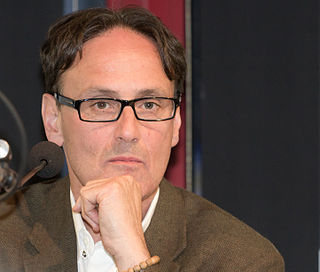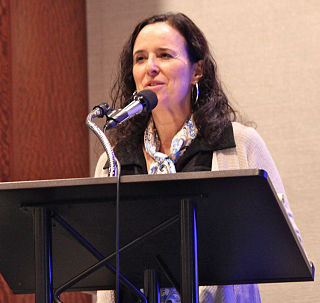A Quote by Arthur Demarest
Leaders may recognize that they are not addressing the real problems, but they rationalize their actions with the argument that they must first politically survive in order to later address the hard problems and sacrifices. Of course, they usually don't ever actually get around to addressing the fundamental problems later, either because they don't make it through the initial crisis or because, even later, they are not willing to risk sacrificing their own position or "career" with needed measures that usually require tough sacrifices by the population.
Quote Topics
Actions
Actually
Address
Addressing
Argument
Around
Because
Career
Course
Crisis
Either
Even
Ever
First
Fundamental
Get
Hard
Initial
Later
Leaders
Make
May
Measures
Must
Needed
Order
Own
Politically
Population
Position
Problems
Rationalize
Real
Real Problem
Real Problems
Recognize
Require
Risk
Sacrifices
Survive
Through
Tough
Willing
Related Quotes
We are more than our problems. Even if our problem is our own behavior, the problem is not who we are-it's what we did. It's okay to have problems. It's okay to talk about problems-at appropriate times, and with safe people. It's okay to solve problems. And we're okay, even when we have, or someone we love has a problem. We don't have to forfeit our personal power or our self-esteem. We have solved exactly the problems we've needed to solve to become who we are.
Ironically, people who suppress the mini-confrontations for fear of conflict tend to have huge conflicts later, which can lead to separation, precisely because they let minor problems fester. On the other hand, people who address the mini-conflicts head-on in order to straighten things out tend to have the great, long-lasting relationships.
With apologies to the green movement, "sustainability" is a myth. History and archaeology show that societies are always moving to the edge of crisis, "falling forward" through growth, but then responding often successfully to the problems created. What we can hope for is that with a somewhat more controlled level of growth, and with longer-term preparations for change, we can keep responding to the inevitable smaller crises, as they arise, and continue to postpone until later and later the, perhaps ultimately inevitable, end of our civilization.
I think that we are in a position to continue to make progress, but it's gonna require us to both recognize what the problems are, also recognize the progress we've made. Last point I'd make on this, since we're on criminal justice: During the course of my presidency crime has been the lowest it's been probably since the '60s.

































